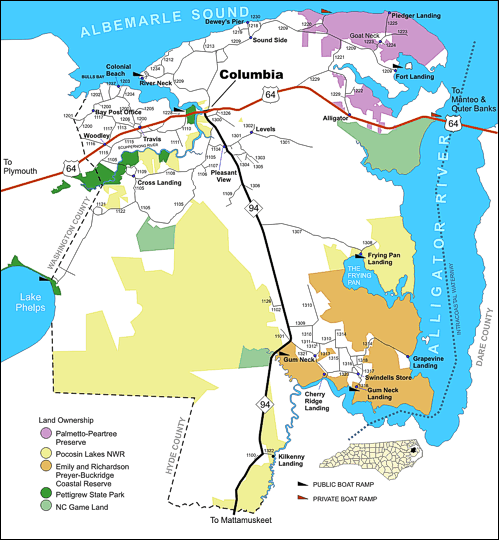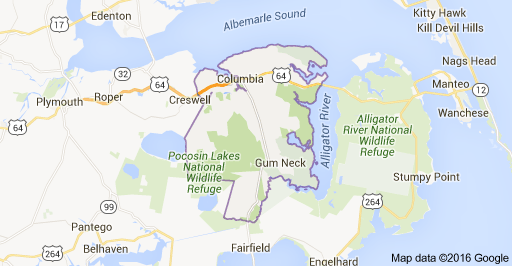Records available to Members ofNorth Carolina Pioneers
- Abstracts of Wills filed with the
Secretary of State 1732-1774 - 1740 Land Grants
Smallpox
During the Revolutionary War, George Washington suspected that the British were using the smallpox disease as a form of “biological warfare”by placing disease infested people into the American encampment. The reason was that smallpox was considered more of threat to the Americans than the British. Later on, the British admitted that their commanders ordered the smallpox operations. Some interesting truths help to sustain this fact in some of the last wills and testaments in the State of North Carolina. During the spring of 1781, there was an epidemic in the port city of Wilmington, North Carolina. A number of wills were headed up “New York” and mentioned that the testator died of smallpox. On May 10, 1775, Fort Ticonderaga was captured from the British and the State of New York was under British occupation until the war ended in 1783. The content of the wills emphasize the importance of reading them. Especially, if your ancestors were named. Not only does reading old wills represent a true history of the past, but they provide critical data to tracing the lineage of our ancestors; a much too good a resource to overlook!
Tyrrell County Wills and Estates
Tyrrell County was formed in 1729 as Tyrrell Precinct of Albemarle County, from parts of Bertie Precinct, Chowan Precinct, Currituck Precinct, and Pasquotank Precinct. It was named for Sir John Tyrrell, one of the Lords Proprietors of Carolina.In 1774 the western part of Tyrrell County was combined with part of Halifax County to form Martin County. In 1799 the western third of what was left of Tyrrell County became Washington County. In 1870 the half of Tyrrell County east of the Alligator River was combined with parts of Currituck County and Hyde County to form Dare County.

ruled over more than one county, compare to our Superior Courts. Tryon County was in the Salisbury District and each county appointed its quota of jurors to attend the Salisbury Court. In 1782, the Salisbury District was divided, and Lincoln and other western counties were declared a separate district by the name of Morgan, where the judges of the Superior Courts shall sit twice every year and hold a Superior Court of law. Lincoln County remained in the Morgan District, the courts being held at Morgantown, until 1806, when a Superior Court was established in each county of the state to be held twice every year. The Tryon Court was organized at the home of Charles McLean and this is where the Quarter Sessions for the years 1769, 1770 and 1771, were conducted. At the time he resided in what is now Gaston County on the headwaters of Crowder Creek.
